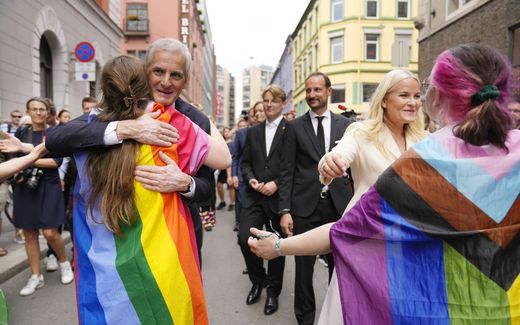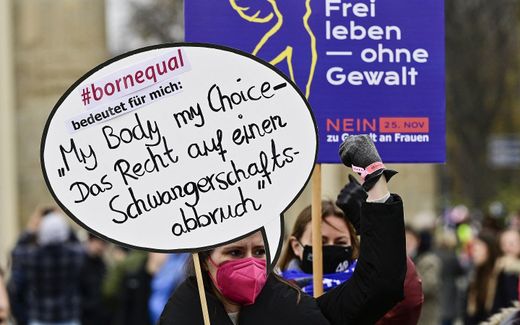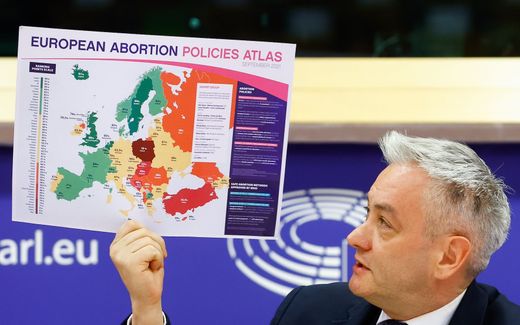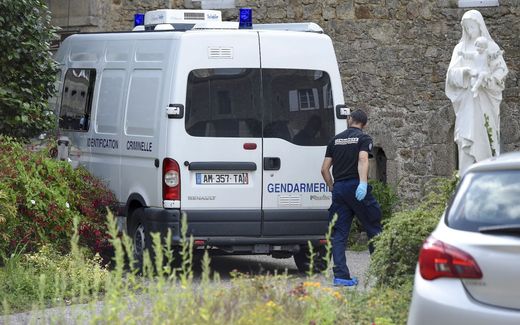CNE’s podcast: Gender leads to political questions; The growing anti-Christian sentiment in Europe; German church is criticised for not using the Bible against abortion; and 1 million signatures for EU abortion petition
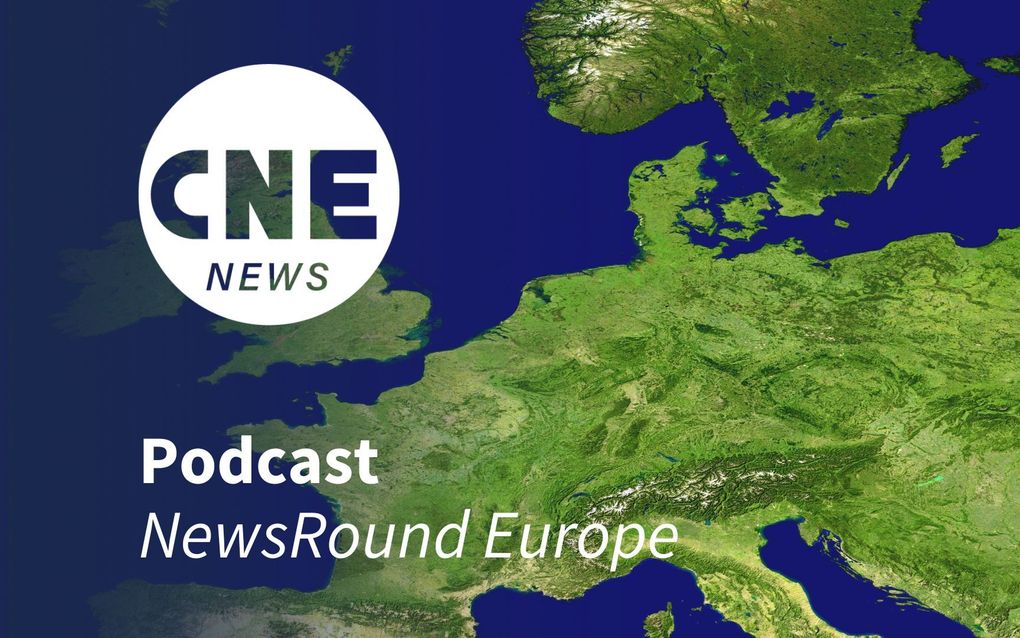
Photo CNE
European Union
NewsRound Europe is CNE’s news podcast. It has a bulletin with some remarkable news topics from the European continent. At the end, we have a question-and-answer session with a colleague about an article.
Gender still leads to political debate
Gender still leads to political questions in at least two countries. In Norway, the Member of Parliament, Mr Ropstad, demanded a clarification from the government about the Norwegian version of Gender Queer. This book is available in school libraries in the country. But, according to Ropstad, the book contains explicit sexual content, and could therefore be seen as child pornography.
Ropstad asked Education Minister Nordtun in parliamentary questions whether such a book is suitable for children in school libraries. Even the American author of the book stated earlier that the work was not intended for children and did not recommend it for younger audiences.
In the Netherlands, the MP for the Reformed SGP party, Diederik van Dijk, raised concerns about medical gender treatments for children. He questions the lack of scientific evidence on their necessity and effectiveness, citing an article by five Amsterdam researchers. These scientists suggest that the focus should not only be on proving the effectiveness of gender treatments but also on supporting patients emotionally. Van Dijk asks two government ministers for their opinion on these issues, including whether treatments should be justified based on personal wishes and autonomy, or if this could be risky for children.
Criticism of the German Protestant Church for abortion
In Germany, the Network “Bibel und Bekenntnis” (Bible and Confession) has strongly criticised the large Protestant Church in Germany (EKD) for its stance on a new bill regarding abortion. The proposal in the German parliaments suggests that abortions should be allowed up to the 12th week of pregnancy, without penalties, and that health insurance would cover the costs. The German church stated that the proposal is acceptable from a Christian perspective, acknowledging the conflict between the unborn child’s right to life and the mother’s right to choose.
However, Pastor Ulrich Parzany (chairman of the Network Bibel und Bekenntnis) disagreed, arguing that this conflict can never justify abortion, and criticised the church for not referring to God’s commandments at all. He believes Christians must also answer to God, not only to their conscience. Parzany felt the church’s position lacked reverence for God and dismissed it as not truly representing a Christian perspective. Even without knowing the Bible, the church could have given such an opinion, the network’s chairman said.
Abortion in the EU
The European Citizen’s Initiative “My voice, my choice”, advocating for safe access to abortion across the European Union, has gathered one million signatures, surpassing the required threshold. The initiative, led by the Slovenian non-profit 8th of March Institute, aims to ensure that all EU citizens, regardless of nationality or residence, have access to legal and safe abortion.
With support from 15 countries, more than double the minimum required for the European Citizen’s Initiative, the petition now forces the European Commission to respond.
Regarding the right to abortion, the European Parliament previously voted in favour of including access in the EU’s Charter of Fundamental Rights, but this vote was non-binding. The issue remains complicated, as unanimous agreement from all 27 member states is needed to add abortion rights to the charter. EU officials, including the new Commissioner Hadja Lahbib, have stressed the importance of equal access to abortion across all EU countries. In some member states, like Poland and Malta, access to abortion is restricted.
The citizen’s initiative still has time to gather signatures until the end of April.
Anti-Christian sentiment in Europe
In Hungary, the State Secretary for Help to Persecuted Christians, Tristan Azbej, has warned about the growing anti-Christian sentiment in Europe. In an interview, he highlighted increasing violence against Christian symbols and traditions, including terrorist attacks on Christmas markets and daily vandalism of Christian sites, especially in France.
Azbej also criticised efforts to erase Christianity from cultural celebrations, such as renaming “Christmas” or discouraging traditional greetings like “Merry Christmas.” He pointed out that these actions aim to strip Christmas of its Christian meaning. Azbej expressed concern about both external threats from radical groups and internal pressures from secular ideologies.
He also shared alarming global statistics, including nearly 5,000 Christians killed for their faith and over 14,000 churches attacked in 2023. He called for more attention and action to protect Christian communities and traditions worldwide, particularly in regions where celebrating Christianity, like Christmas, can be dangerous.


